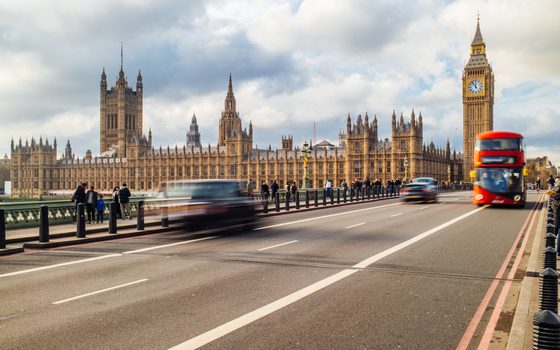Paradigm lost
A range of critical voices challenge the paradigm of globalisation espoused by the International Monetary Fund and other powerful multilateral organisations.
30 April 2000
After years of lobbying multilateral organisations now accept that eradicating poverty should be the objective of economic policy. Yet the most influential of them all, the International Monetary Fund, proposes that poverty be tackled with the same set of policies that presided over a dramatic rise in the gap between rich and poor, and has seen the crumbling of social services in many very poor countries. Influential decision-makers expect to arrive at a new destination without changing the direction of policy.
Dissent is dismissed as the misguided reaction of non-governmental organisations who are trying to ‘save’ poor countries from development.
But, on the basis of words spoken at the first major international conference on trade since the WTO in Seattle, the multilateral policy makers have lost the confidence of developing countries more than ever. Trust in liberalisation as a panacea to the problems of development is, in fact, a paradigm lost.
In the face of clear international environmental and development goals governments should be costing and finding the resources to meet them. Yet the global economy remains a hostile and uneven playing field for the poorest countries, and rich countries continue to do worse than just not meeting their international obligations. From trade to investment, and resolutions to end the debt crisis, they are actively obstructing the efforts of the poorest to develop and meet their basic needs. Old policies are bankrupt and there is a huge hole in the finances for development






